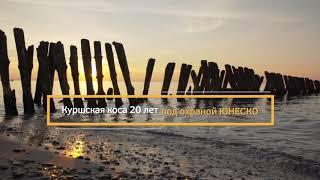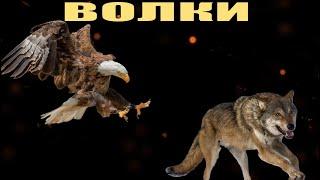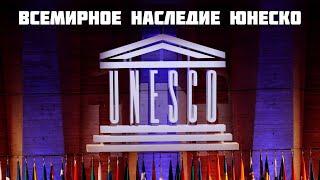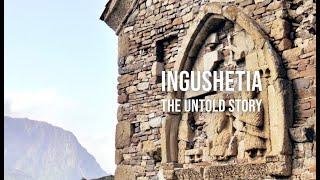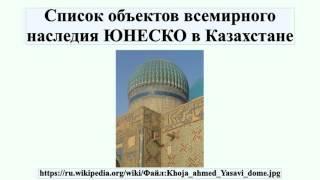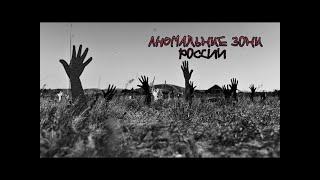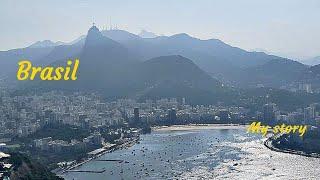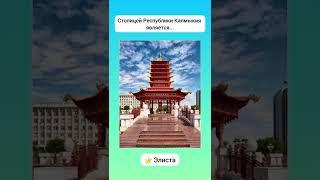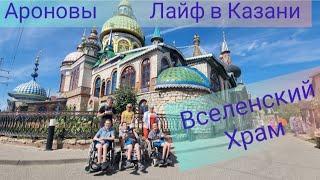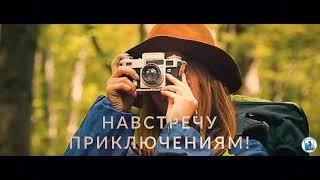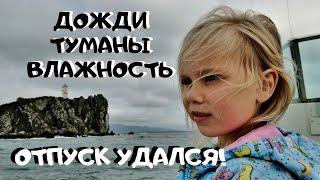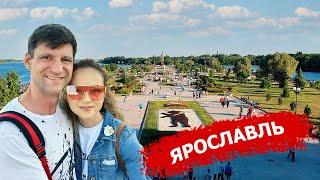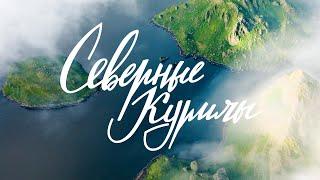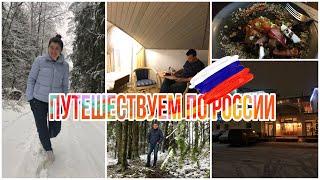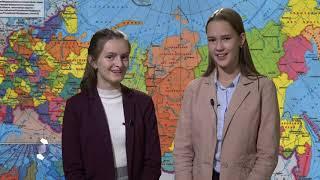Ingushetia: The Untold Story
Описание
Ingushetia: The Untold Story presents the unprecedented de-evolution of Ingush culture from a once Christian democratic nation to a Russian region now drawn into the Kremlin's war on terror. The documentary is the first attempt to take a rational look at the origins of Islam in Ingushetia.
The Vazha-Pshavela's poems, masterpieces of Georgian poetry, disclose ideas worthy of being amongst profound philosophical works of the western world. The poet had not been recognized as a thought-leader in Georgia and, instead, is only regarded as an idyllic word-painter. History now reveals that while the critics were referring to his ideas as folklore, they were ironically setting his perception as achievement, rather than denigration. Vazha-Pshavela’s ideas weren't westernization. His thoughts had deep roots in the living culture of the mountaineers of eastern Georgia and Ingushetia, supposedly the relics of the early-medieval Ingush country, the Caucasus.
The history of the Hurrians didn't end with Urartu's fall. A part of them moved north to the highest mountains in Europe and founded their naturally made citadel, establishing a stronghold state, the Caucasus: the only democratic state in the lofty mountains towered above the surrounding ocean of eastern tyrannies for millennia. That was the country that has come to be known in the present as Ingushetia.
The Ingush faced the same challenges of the Medieval as western nations did. They invented fortification architecture to prevent Asian invasions. They created a funeral culture to minimize the various epidemic bouts in the densely populated towns. They conducted the only reformation of Orthodox Christianity, which product, the Ingush non-Orthodox Christianity is still lasting in the mountain ethnic groups of Eastern Georgia.
In the 19th century, Britain and Russia clashed in the Caucasus. Russia played a riddle on the UK. Brits failed the test, which was the villainous replacement of the Ingush Christian resistance by the Muslim movement of the slaver Imam Shamil, along with manipulatively advocating for abolitionism and Christianity. Thus the Caucasian issue was resolved in Russia's favor. Christianity in Ingushetia was doomed. Ingushetia became a new Muslim nation.
Now, 150 years later, the Kremlin’s war on terror has begun in Ingushetia. The Russians claimed it's just another page of the war on terror. Even as a Christian nation, the Ingush couldn't have escaped Russia's war on Muslim slavery in the 19th century. How then can they now, as a Muslim nation, escape Russia’s war on terror in the 21st? Is this the end of their history? Or is it not?
By finding out the essentials of Caucasian culture through the Ingush history and the poetry of Vazha-Pshavela, the audience discovers the true Caucasus: the world built by the unknown lineage of European culture, which for millennia had been established by the Ingush.
The documentary is made by Magomet Albakov, an independent scholar and documentarian from Ingushetia (North Caucasus, Russia) on the basis of over 10 years' worth of his own research. The prominent Ingush and Georgian scholars Magomet Gandaur-Egi, Umalat Gadiev, Levan Berdzenishvili, and Merab Chukhua are interviewed in the documentary. The footage had been taken in 2015-2017 in Ingushetia, its neighbors, and Georgia, including the ride across the Caucasus through the Arkhoti pass to film the unique examples of the Ingush architecture.
This documentary is of special interest to those studying Ingushetia and the Caucasus, the Caucasian War, the Crimean War, or Russia's war on terror. The premiere was held at the Central Eurasian Studies Society annual conference at George Washington University, DC (Oct 11th, 2019). The key points of the study were productively discussed during several academic conventions including Association for Slavic, East European, and Eurasian Studies (ASEEES annual conference Nov 5th, 2020) and International Congress on Medieval Studies (ICMS annual conference May 10th, 2021).



